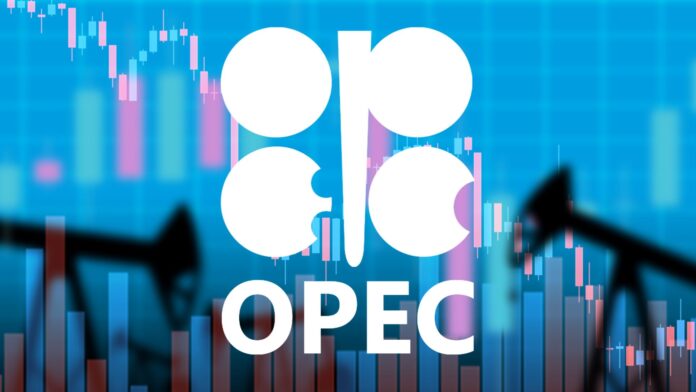RIYADH: Oil stayed below $80 amid reports OPEC+, due to meet on Monday, has discussed how to increase output faster in the coming months, while the White House said it had spoken with Saudi Arabia about oil prices.
Brent crude rose 0.5 percent to $78.73 at 5:14 p.m. Riyadh time after trading above $80 on Tuesday for the first time in more than three years. US West Texas Intermediate (WTI) added 0.4 percent to $75.33, set for a sixth week of rises.
Four OPEC+ sources said on Thursday the group was looking at going beyond an existing deal to add 400,000 barrels per day to supply each month, Reuters reported.
A senior aide to President Joe Biden raised the issue of oil prices in conversations this week with Saudi Crown Prince Mohammed bin Salman, according to the White House.
Biden’s national security adviser, Jake Sullivan, met in Saudi Arabia with the Crown Prince on Tuesday to discuss the war in Yemen. But White House press secretary Jen Psaki said oil was also “of concern” and on the agenda.
Oil is also finding support as a surge in natural gas prices globally prompts power producers to move away from gas. Generators in Pakistan, Bangladesh and the Middle East have started switching fuels.
Asian liquefied natural gas (LNG) prices surged to a record high this week on sustained demand from China amid a power crunch and high gas prices in Europe as the winter season begins.
The average LNG price for November delivery into Northeast Asia was estimated at about $32 per metric million British thermal units (mmBtu), up nearly 20 percent from the previous week, industry sources told Reuters.
Chinese buyers are seeking more cargoes despite record prices, bidding above market rates as the winter season starts with the country’s gas inventory not full, trade sources said.
Sharply higher oil and gas prices have pushed annual inflation in the 19 countries that use the euro to its highest in more than a decade in September.
The European Union statistics agency Eurostat said Friday that inflation came in at 3.4 percent, up from 3.0 percent in August and the highest since 2008.
The overall inflation level was boosted by a jolting 17.4 percent increase in energy prices.
The world cannot afford to underinvest in oil, Mohammed Barkindo, secretary general of the Organization of the Petroleum Exporting Countries, told the Wall Street Journal in an interview.
Recent periods of underinvestment risk price shocks and energy poverty for developing countries, he said.
Al-Rajhi Capital sees Saudi oil revenues reaching $145bn in 2021OPEC’s oil reserves up in 2020 even as drilling rigs fall

